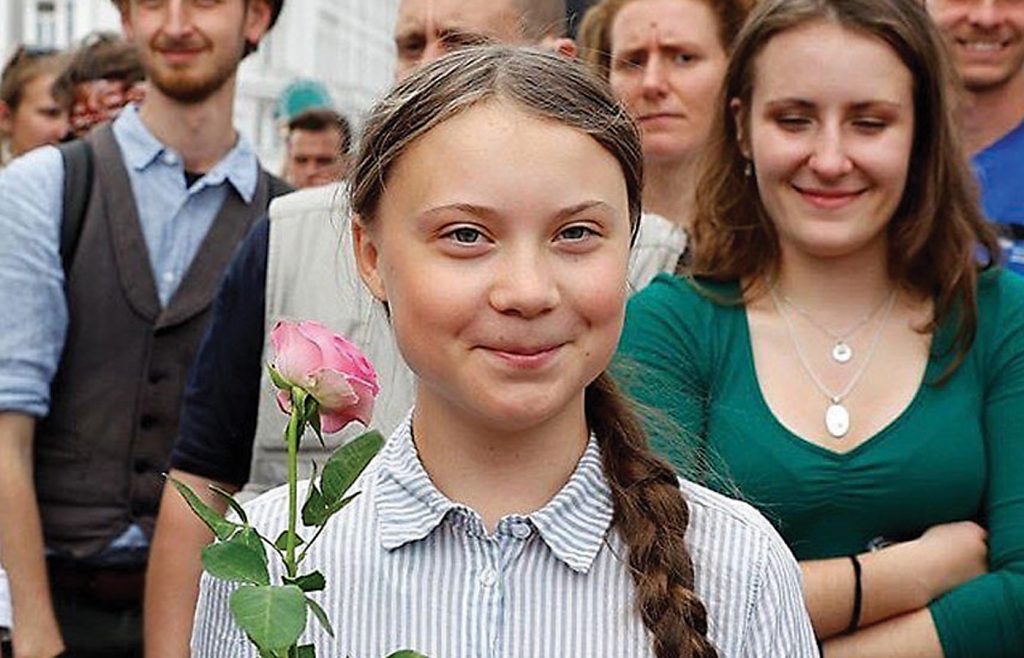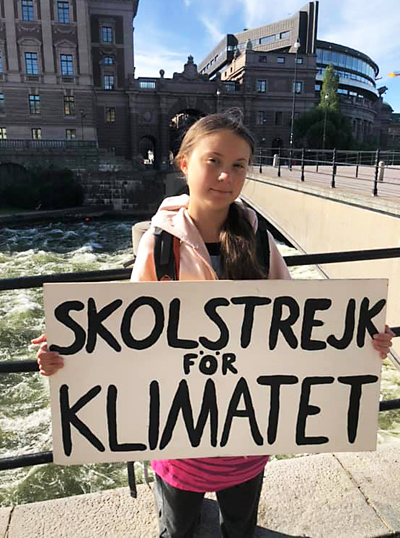
Today’s world events can cause plenty of anxiety as we try to make sense of all of the changes. These can include the growing divide between rich and poor, changing social and gender roles, and political polarization. It’s hard to imagine a future when so much is changing. Plus, the proliferation of nuclear weapons and accelerating climate change pose threats that humankind has never seen before.
No matter which side of these issues you find yourself on, one of the most difficult aspects of all this change is the sense of powerlessness it can create. It doesn’t feel good when we think that there’s nothing we can do to influence things for the better.
Sometimes the problem is so big or entrenched, it seems like nothing we do will matter. The unprecedented scope and pace of change mean old answers don’t work. And because of internet technology, we’re more aware of what’s going on around the globe but still unable to help.
If you find yourself overwhelmed and unable to move forward in the face of global upheaval, try taking these three steps to finding peace.
Notice the Discomfort
When I notice these issues coming up, I use tools like the Sedona Method and Release Technique to let go of the uncomfortable feelings that arise (find resources at DavidSeagullTherapy.com). I let the seeming chaos outside myself help me identify the chaos inside myself, which I can then address and release.
In addition, I’ve found that because of the urgency of the external issues, I don’t feel right not taking action. If you find yourself troubled by the state of the world and feeling like “I should be doing something,” you too may need to undertake some concrete measures. Noticing that you feel discomfort with your lack of action is the first step.
Gain Clarity for Action
The second step is gaining clarity on what to do. Because each of us is different in our capabilities and beliefs, our actions will vary. The important thing in this stage is to allow yourself time for self-reflection to discover what activity would be right for you. Your process might involve journaling, talking with friends, or simply taking time to reflect and investigate what could be done. Seeing how we can better align our actions with our values can help alleviate the anxiety that results from feeling powerless.
Taking Action
When you decide to act, don’t pressure yourself into thinking it has to be a major accomplishment. Remember that small actions can be just as useful—for one, they can lead to more clarity and a greater ability to act.
Making space in your life for actions of this kind can ease your conscience. If you’re doing what you can do—congratulations! You don’t have to worry about doing something, because you’re already accomplishing it. You begin to feel yourself as a force for good in the world, instead of a victim of circumstance.

The story of Greta Thunberg, the 16-year-old Swedish youth who started a worldwide ecological movement, illustrates just how powerful action can be. She described feeling suddenly overcome by grief about climate change—unable to eat or attend school. She decided to take a small action, skipping school and sitting outside the Swedish parliament with a sign that said “Climate Strike” each Friday until Sweden can meet its climate goals. She has since become the leader of a global movement with hundreds of thousands of children striking for action on climate change. There are a lot of wonderful videos online about her. One of my favorites is “Great Big Story—How a 16-year-old is leading a global climate movement.”
Whether the action you decide to take is meditating for world peace or civil disobedience for climate change, the important thing is to be aligned with your own values. “The one thing we need more than hope is action,” Greta says. “Once we start to act, hope is everywhere. So instead of looking for hope, look for action. Then and only then hope will come.”
David Seagull, LISW, is a therapist in Fairfield. Visit DavidSeagullTherapy.com.
